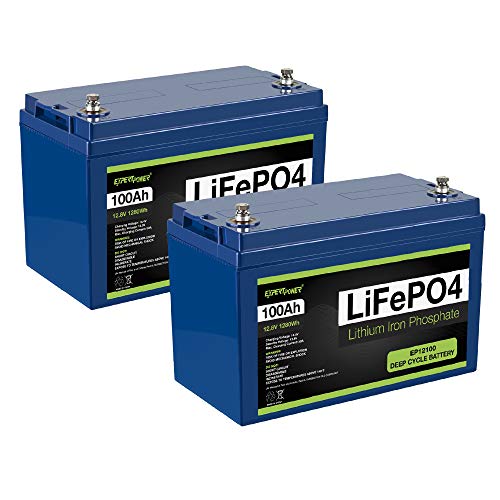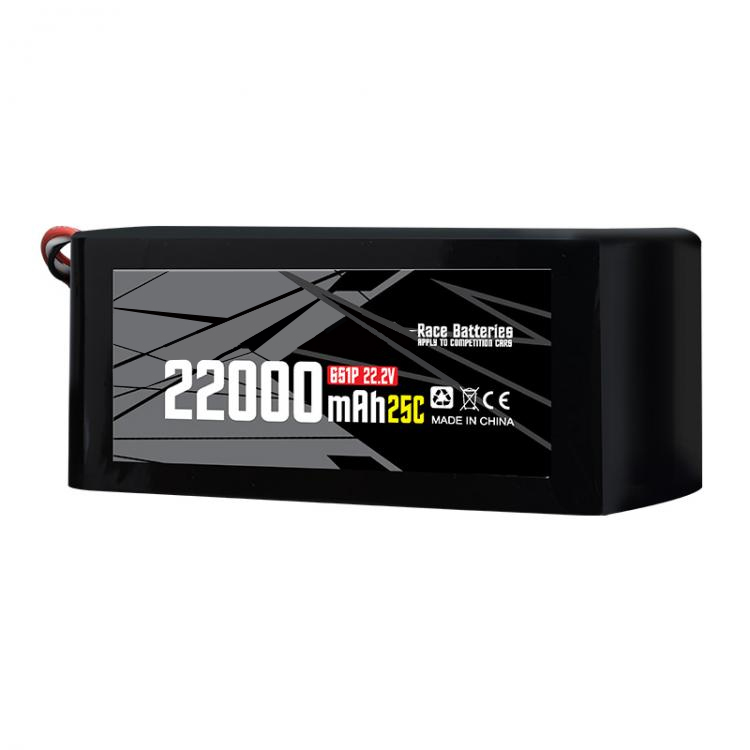- 02
- 1月
Which Lithium Ion Battery is Best For Solar
Introduction
Embark on an exciting journey through the world of solar energy, where choosing the best lithium-ion battery is like picking a superhero for your sustainable power needs. This guide will help answer an important question: which lithium-ion battery is perfect for solar power? We are going to analyze various battery kinds, find their operating principles, and see what makes them suitable for solar power devices. Prepare for an adventure into the global field of sustainable energy as we dissect lithium-ion batteries intended for solar energy use. You are going to have gained an understanding of the significance of making wise decisions and how they’re contributing to a resilient and healthy world at the conclusion of the training. Let’s dive into this guide together and make informed decisions for a brighter and more sustainable future!

What are solar batteries?
Imagine solar batteries as super cool sidekicks for collecting sunshine power. Picture these awesome solar panels doing their magic, turning sunlight into electricity—it’s like real-life superhero power! But here’s the scoop: sometimes the sun takes a nap, like at night or when clouds cover the sky. That’s when our trusty solar batteries come into play! They’re like special helpers that gather extra sunshine energy when it’s all bright and sunny. Later, when we need power but the sun is off-duty, these batteries step up to the plate. They share the stored sunshine energy, so everything keeps running smoothly, even when the sun is playing peek-a-boo. Solar batteries are like the undercover heroes of clean energy, making sure we have solar power whenever we want it—making the world cooler and cleaner .
what are the best types of lithium-ion batteries?
There are several types of lithium-ion batteries, each with its own advantages and best-suited applications. Here are some of the most common types:
Lithium Cobalt Oxide (LiCoO2): Known for its high energy density, LiCoO2 batteries are commonly used in consumer electronics like laptops and cameras. However, they may have a shorter lifespan compared to other types.
Lithium Manganese Oxide (LiMn2O4): LiMn2O4 batteries offer a safer alternative with good thermal stability. They are often used in power tools, medical devices, and electric vehicles.
Lithium Iron Phosphate (LiFePO4): LiFePO4 batteries are known for their long cycle life, high power density, and enhanced safety. They find applications in electric vehicles, solar energy systems, and power banks.
Lithium Nickel Cobalt Manganese Oxide (LiNiMnCoO2, or NMC): NMC batteries strike a balance between energy density, power capability, and lifespan. They are commonly used in electric vehicles and stationary energy storage systems.
Lithium Nickel Cobalt Aluminum Oxide (LiNiCoAlO2 or NCA): NCA batteries offer high energy density and are often used in electric vehicles, particularly in Tesla’s vehicle models.
Lithium Titanate (Li4Ti5O12): Li4Ti5O12 batteries are known for their long cycle life and rapid charge/discharge capabilities. They are used in applications where fast charging and durability are critical, such as in some electric buses and energy storage systems.
What are the best key features?
Super Energy Saver: Imagine a battery that can store lots of energy in a small space. That’s what we hope the sun can offer: a battery that stores solar energy well, even in dark skies.
Long-Lasting Friend: Everyone wants a battery that stays strong for a long time. Consider having an acquaintance who is always up for a game. That’s how the best batteries made with lithium-ion operate; they never weary easily and last a very long period of time.
Safety First: Just like wearing a helmet when riding a bike, batteries need safety features. The good ones have special things inside to make sure they don’t get too hot or charge up too much. Safety is super important!
Magic Efficiency: Batteries are like magic boxes that turn sunlight into power for our homes. The best ones do this magic very well, making sure we don’t lose too much energy. That way, our solar power setup works really, really nicely.
All-Weather Buddy: Batteries sometimes don’t like extreme temperatures, but the awesome ones can handle hot and cold weather without any problem. It’s like having a friend who is comfortable no matter where you go!
Friends with Inverters: Solar power has a friend called an inverter, and the battery needs to get along with it. Imagine if your toys didn’t work well together—that wouldn’t be fun! The best batteries and inverters are like the coolest buddies who work together seamlessly.
Grow-Up Option: Just like how your favorite shoes can sometimes get too small, it’s great if the battery can grow with you. Good batteries can get bigger when you need more power, making them super useful as you add more solar panels.
Smart Spender: Batteries cost money, but the smart ones are worth it. It’s similarly like purchasing an object that is relaxing and lasts for a while. Think about how much fun you’ll have over the years; that’s why getting a good battery is like making a smart choice.
Where to learn more
After learning what the best lithium-ion battery is for solar, it is time to learn more about the lithium-ion battery but the common question is where to learn more. The easy answer is that you can learn it from Linkage Electronics. Here, you can learn more about the batteries. Also for learning more unknown facts, this website helps you get the best from them so don’t be late and just visit the website of Linkage Electronics.
FAQs
How long do lithium-ion batteries last?
Lithium-ion batteries usually stick around for 10–15 years, depending on how much you use them and take care of them.
Can any lithium-ion battery be used for solar?
Not all lithium-ion batteries are solar superheroes. You need special ones that are designed just for solar adventures.
Are lithium-ion batteries safe for the environment?
Lithium-ion batteries can have an impact on the environment, but if you’re a responsible friend and recycle them properly, it helps keep things safe.
What is the ideal capacity for solar batteries?
Imagine that your battery is like a backpack for sunshine. The best size depends on how much sunshine you want to carry. Ask a grown-up friend to help figure out the right size for your adventures.
Do all solar batteries require professional setup?
Some batteries are like LEGO sets you can play with yourself, but having a grown-up superhero set them up ensures everything works super well and keeps you safe.
How do I get rid of an old lithium-ion solar battery?
When your battery is tired and needs a nap, follow the rules for recycling or ask the company that made it if they can help it find a new life.

Conclusion
Selecting the best lithium-ion battery for your solar setup involves careful consideration of various factors. By understanding your energy needs, evaluating battery features, and considering long-term sustainability, you can make an informed decision that aligns with your goals.
